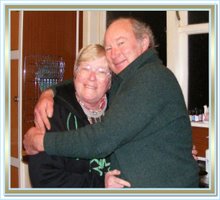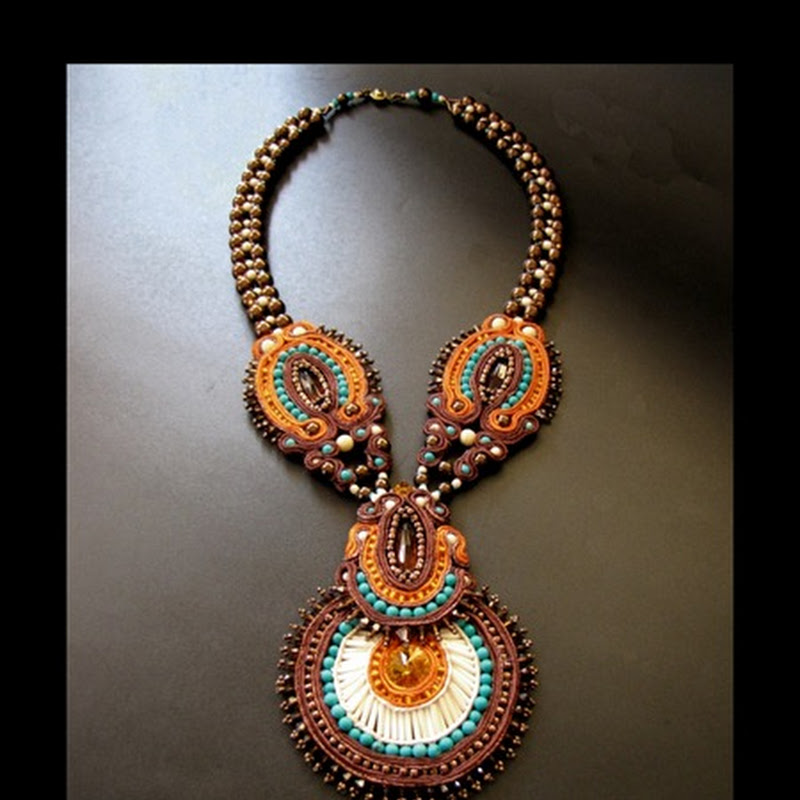
By M. P. DUNLEAVEY
Published: April 8, 2006
One of the great puzzles of human nature is why humans strive for more material things — money, jobs, homes, cars, flat-screen televisions — when they do not seem to make them any happier in the long run.
Philosophers have pondered this conundrum for centuries, and modern economists have been examining it over several decades in a multitude of cultures. Not only does greater wealth not guarantee happiness — even when you get what you want — research indicates that you will not find it as satisfying as you had hoped, and you will want something else.
Richard A. Easterlin, professor of economics at the University of Southern California, is a seminal researcher in this area. In effect, his work shows that if you think buying a three-bedroom condo and a Honda Element will make you happy, you had better think twice. In a few years, a) you're not likely to report being any happier, and b) you're likely to say that, now, finding a good private school for your children and buying a vacation home will really make you happy.
In Dr. Easterlin's view, this cycle of desire and dissatisfaction tends to keep people on an endless treadmill. This may sound self-defeating, but that is Dr. Easterlin's point. Why not get off the treadmill and pursue a life with fewer material ambitions? You would probably be happier.
Or would you? If material achievements tend to leave people only momentarily fulfilled, why do so many keep reaching for that next goal?
Claudia Senik, professor of economics at the Sorbonne, believes that the struggle for a certain achievement may offer a peculiar reward all its own. Although many people seem quite goal-oriented — especially when it comes to money, homes, cars, new kitchens and other goods that have become stand-ins for status — maybe it's not so much having the stuff that people really enjoy, but the struggle to obtain it.
In an unpublished paper called "Is Man Doomed to Progress?" which she presented at a symposium, "Economics and Happiness," last month at U.S.C., Dr. Senik examined the impact of anticipating future gains on a person's current level of well-being.
Researchers have noted that, for example, given the opportunity to schedule a fancy meal, many people tend to postpone the feast — to savor the anticipation of it. In fact, Dr. Senik found that when people aspire to a better quality of life within the next 12 months, the attempt to reach that goal alone — the anticipation independent of the outcome — seems to bestow happiness in the present.
"For the basic person there is pleasure in progress," Dr. Senik said. "We are proud to aim at something — to earn a degree, buy a house. So when I work to reach a higher position or earn a higher income, I'm already happy today."
Dr. Senik compares it somewhat humorously to being invited to a fabulous party. "Once you get there, maybe you enjoy the party or maybe you don't — but that doesn't matter because you've already spent the last few days looking forward to it."
Of course, that is not how most people view the quest for a better job, nicer car or bigger home. The glory is in getting what you want. Yet we have all experienced the phenomenon — behavioral economists call it adaptation — whereby once you attain whatever you most covet, it quickly loses its luster. Dr. Senik's research suggests that it's fine to crave the condo and the car as long as you realize there may be more pleasure in striving for those goals than in actually achieving them.
I find this oddly comforting, because like many people I am well acquainted with materialistic treadmills, and they are exhausting. You can feel like Sisyphus, pushing a boulder uphill over and over again to get the things you want.
It may seem that people are all hapless consumers, at the mercy of greed and needs (or cursed by Zeus). But Dr. Senik offers a more positive view. You can let go of the rather iffy rewards of getting and spending, and look for everyday pleasure while struggling to advance, improve, progress, achieve and attain.
As Dr. Easterlin said, "If you recognize that the striving can be of value in itself, then instead of taking a job that pays you the most, you may be better off taking work you'll enjoy." In other words, choose your treadmills carefully. Like Sisyphus, they're where most of us will spend our time.




















